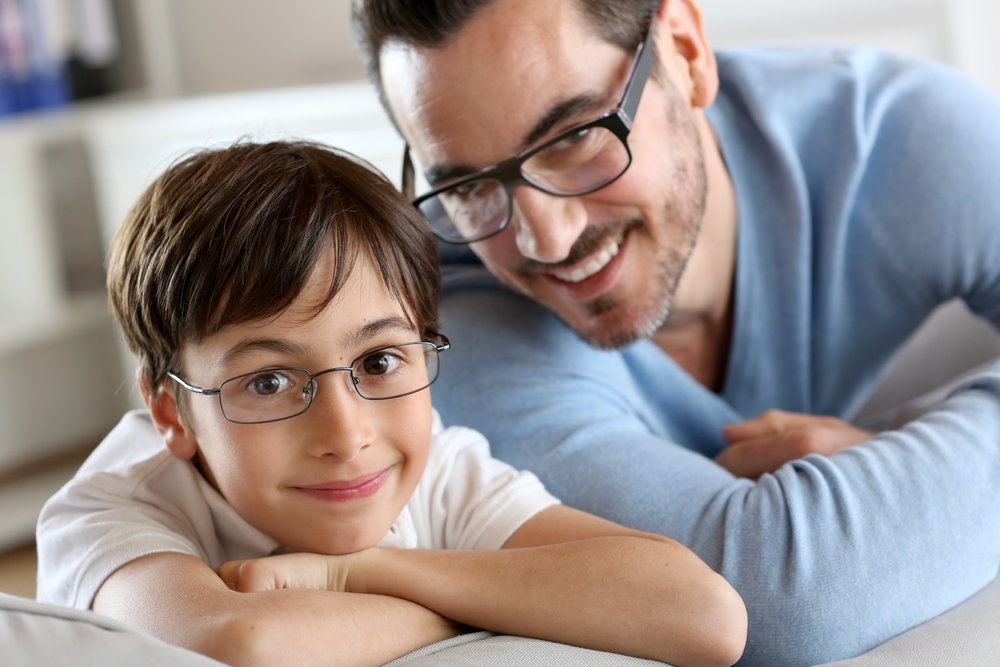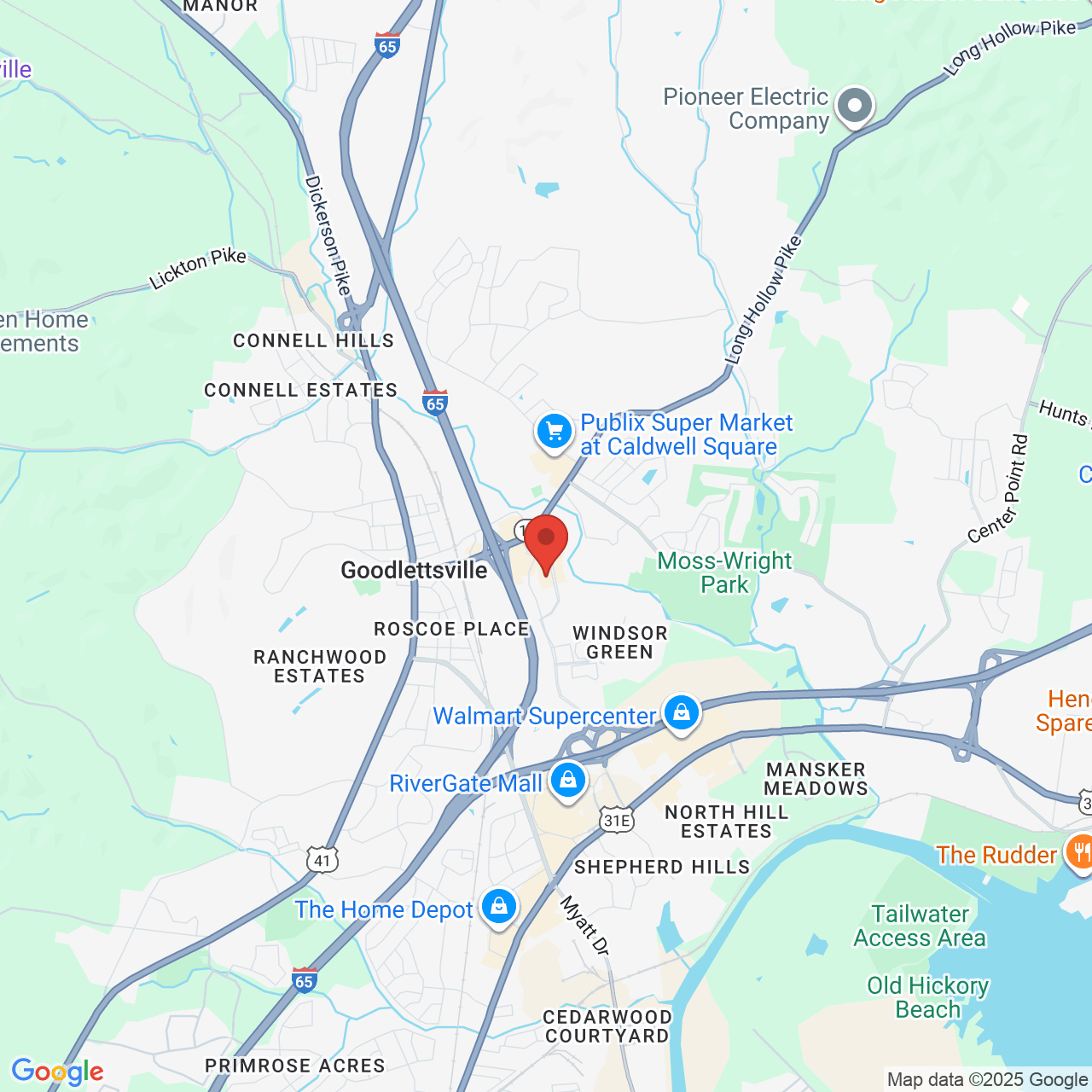The Importance of Pediatric Eye Exams
 Vision problems can start during childhood, which is why it's important for children to have regular eye exams to ensure the proper health and function of their eyes. Starting vision care, including eye exams and vision screenings, at a young age can help detect eye issues early so children can get the treatment they need to protect their eye health and eyesight. Dr. Walter Choate provides pediatric eye exams for young patients in Nashville, TN. To schedule an eye exam for your child, please contact our eye care staff today.
Vision problems can start during childhood, which is why it's important for children to have regular eye exams to ensure the proper health and function of their eyes. Starting vision care, including eye exams and vision screenings, at a young age can help detect eye issues early so children can get the treatment they need to protect their eye health and eyesight. Dr. Walter Choate provides pediatric eye exams for young patients in Nashville, TN. To schedule an eye exam for your child, please contact our eye care staff today.
The Importance of Pediatric Eye Exams
Pediatric eye exams are important for long-term eye health. When children can't see clearly, it can affect many aspects of their lives. School aged children with vision problems may have difficulty reading or seeing the classroom board. Vision problems can also cause children to squint and may even lead to tension headaches.
Pediatric eye exams are also important for catching eye conditions like amblyopia, commonly called lazy eye. Amblyopia is a common problem in children that is generally reversible when detected early. When detected early, amblyopia may be treated by covering the stronger eye with a patch or blurring the stronger eye's vision with atropine drops to force the weaker eye to become stronger.
When Should Children Begin Having Eye Exams?
It's important to start eye exams at a young age to maintain clear vision as well as detect eye problems as soon as possible. It is recommended that children begin having eye exams as early as six months old or earlier if there is cause for concern.
How Often Should Children Have Eye Exams?
Children should have an exam once a year until they reach their 20s, at which point eye exams are recommended once every two years.
What Is Tested during a Pediatric Eye Exam?
Different things will be assessed during a pediatric eye exam depending on the child's age. For children under a year, the eyes will be checked to ensure they move properly, react to changes in light and darkness, and that they line up correctly. The eyes will be assessed for amblyopia, or lazy eye, a condition in which one eye is weaker than the other. The eyes will also be checked for vision problems including myopia (nearsightedness), hyperopia (farsightedness), and astigmatism, which are conditions in which the cornea is misshaped, causing vision to be blurry.
After the age of three or five, a physical eye exam may be performed as well as vision screenings. Children who can't read yet may be asked to identify pictures of objects or given a test called the Random E's Visual Acuity Test. During this test, children are asked to identify which direction the letter “E” is facing.
Schedule Your Child's Next Eye Exam
Even if your child seems to have good vision, it is important to schedule an eye exam to maintain eye health. To schedule your child's next eye exam, we invite you to contact our team at Choate Eye Associates.



